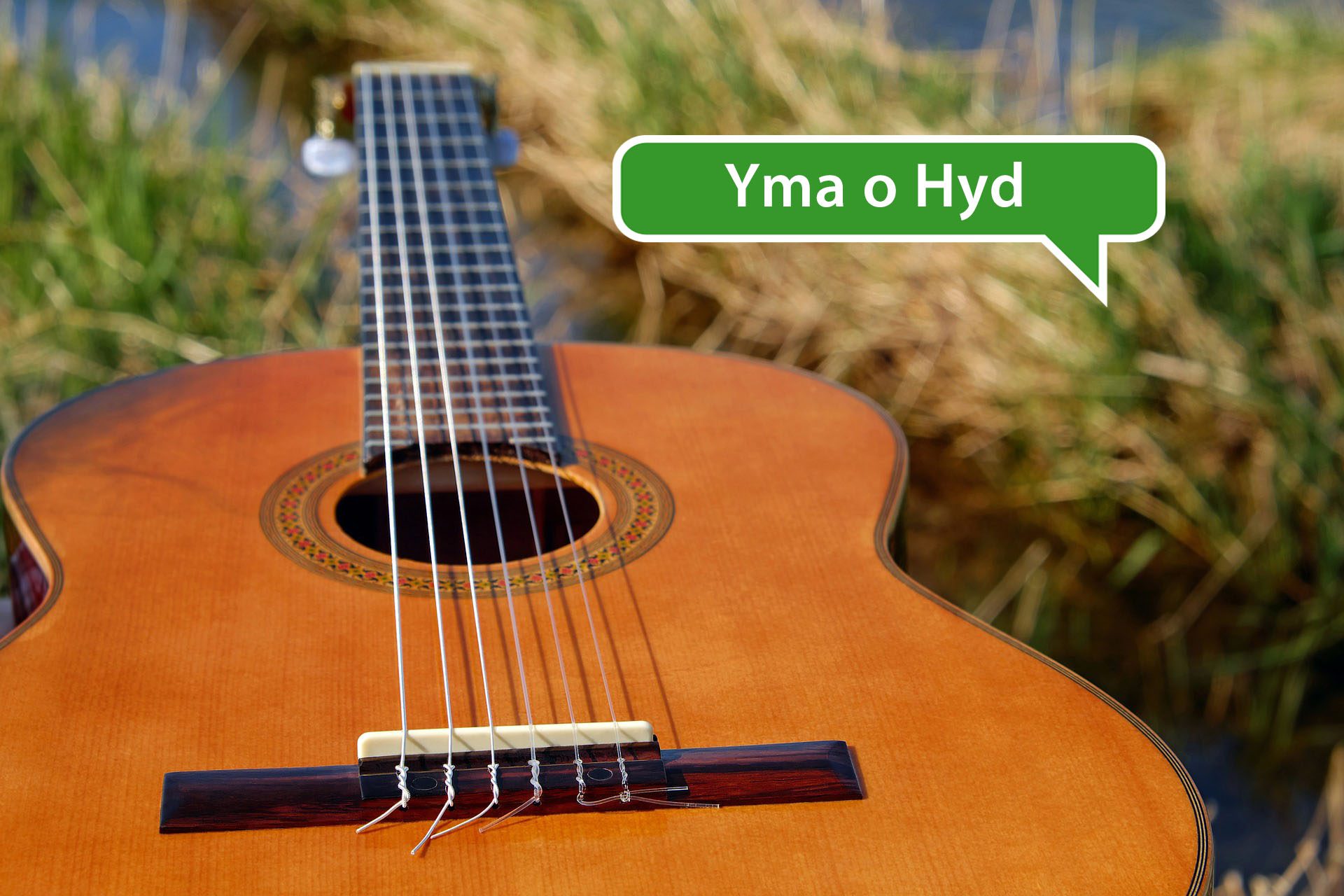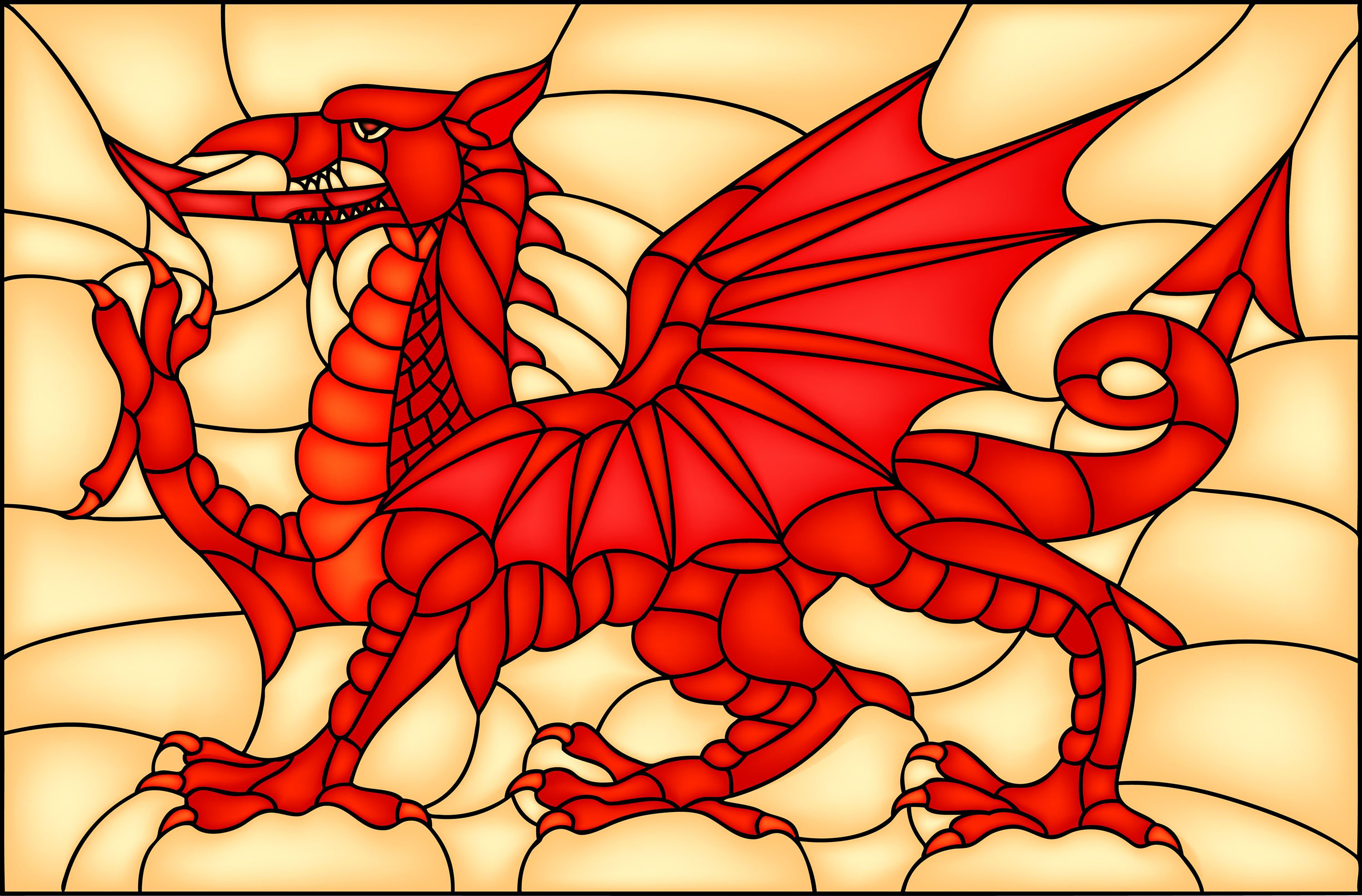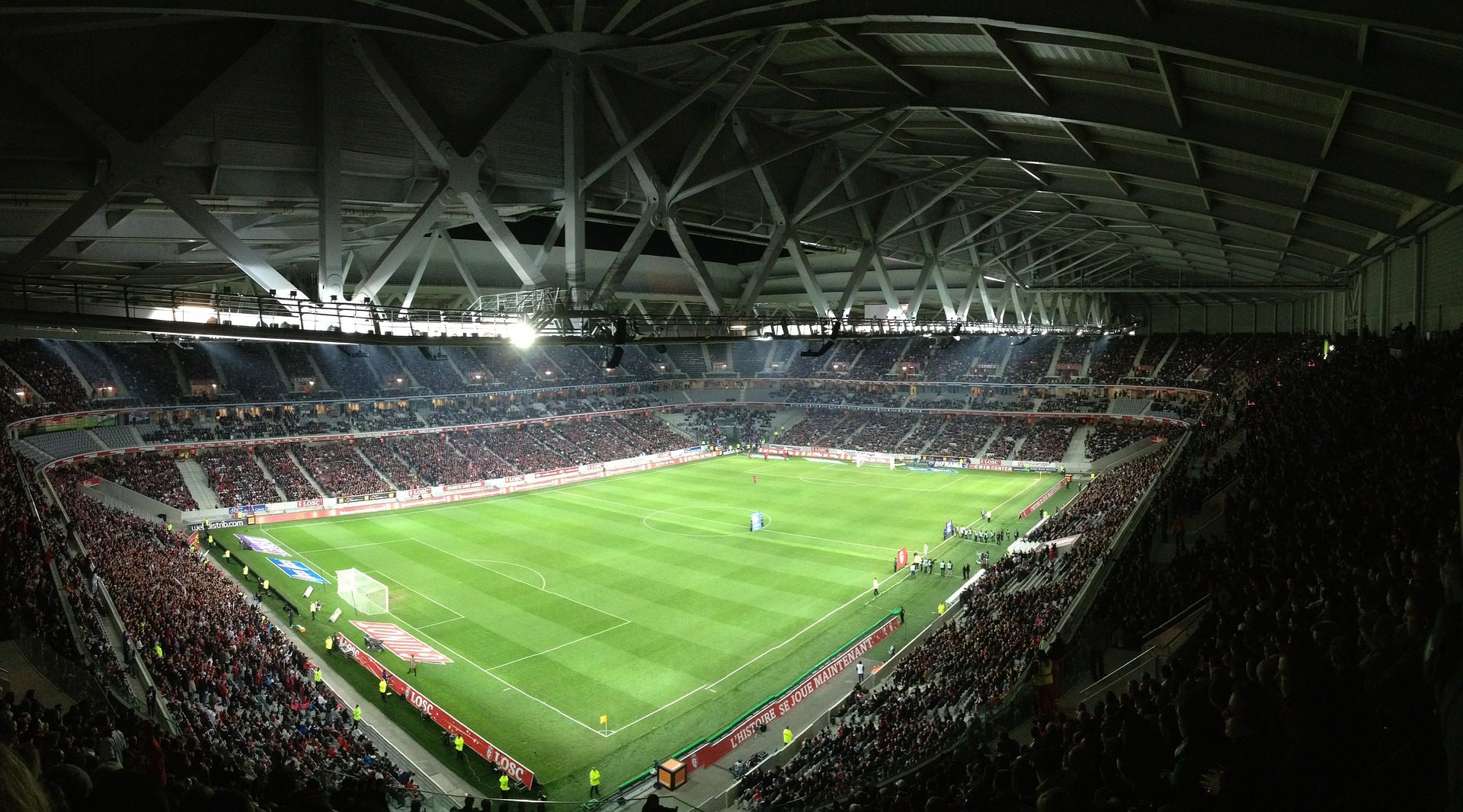Yma o Hyd, the rousing Welsh folk song and football anthem
You can learn Yma o Hyd in a few short lessons with our free mini course!

A Big Song for a Small Nation
On St David’s Day in 1979 a referendum took place in Wales to see if there was enough support among the Welsh electorate for a Welsh Assembly. If the referendum had been successful, it would have given Wales its first limited form of self-governance for about 600 years.
It wasn’t successful, though. Campaigners and activists across Wales were battle-weary and disappointed. In a way, their feelings of frustration and demoralisation were centuries old, having been carried from generation to generation since before Edward the First’s invasion in the 13th century.
We have our own unique culture. We sing, love and raise children in our own distinctive tongue. We live by our own values and unique traditions. Accepting the rule of a different country, whose governing individuals have little understanding or appreciation of what it truly means to be Welsh, to live in Wales – to many of us, it feels demeaning.

Devout activist, folk singer-songwriter and politician Dafydd Iwan had always stood on the front line fighting for the rights of this small nation and its language. The failure of the referendum, though, left him feeling disheartened.
In 1982, under the strong arm of a Thatcher government and with images of striking coal miners becoming all too familiar, Dafydd sat down to write a song for Wales. A song of our nation to “raise the spirits, to remind people we still speak Welsh against all odds. To show we are still here”.
He called it ‘Yma o Hyd’ – Still Here.
What others are saying
SSi is an excellent way to build confidence. It gets you speaking and really works! I’m very grateful to them.Leanne WoodFormer Leader of Plaid Cymru
I’m on a four-month trip to Central America and about 95% of the Spanish I’m using here came from SSi.Rachel HealyCosta Rica
The SSi approach flies in the face of established language learning theory and method – and yet, it works!Tess FitzpatrickHead of Applied Linguistics Swansea University




